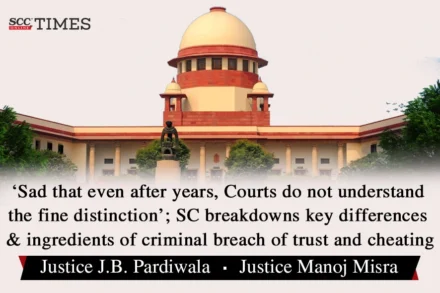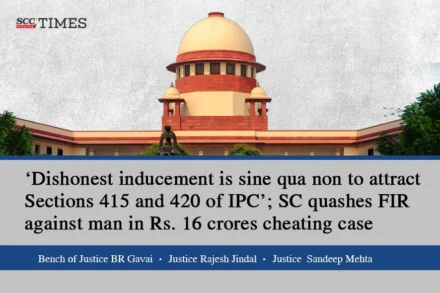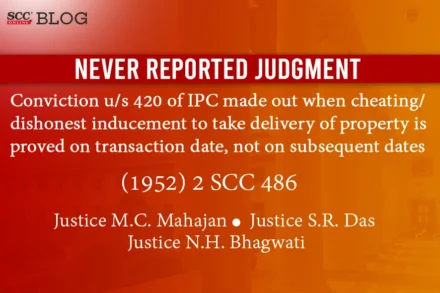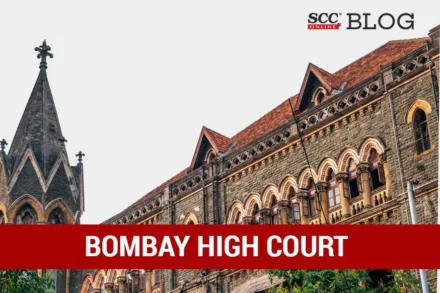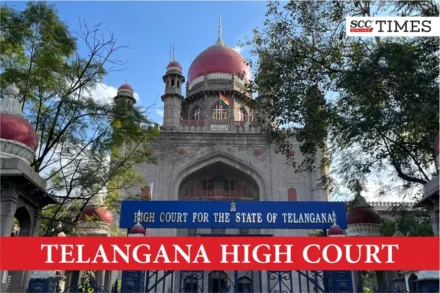
Driving vehicle without number plate not cheating under Section 420 IPC; police can impose fine: Telangana High Court
It was stated that to attract Section 420 of the Penal Code, 1860, the accused must cheat and dishonestly induce the victim to deliver any property to any person or make, alter, or destroy a part of valuable property.



